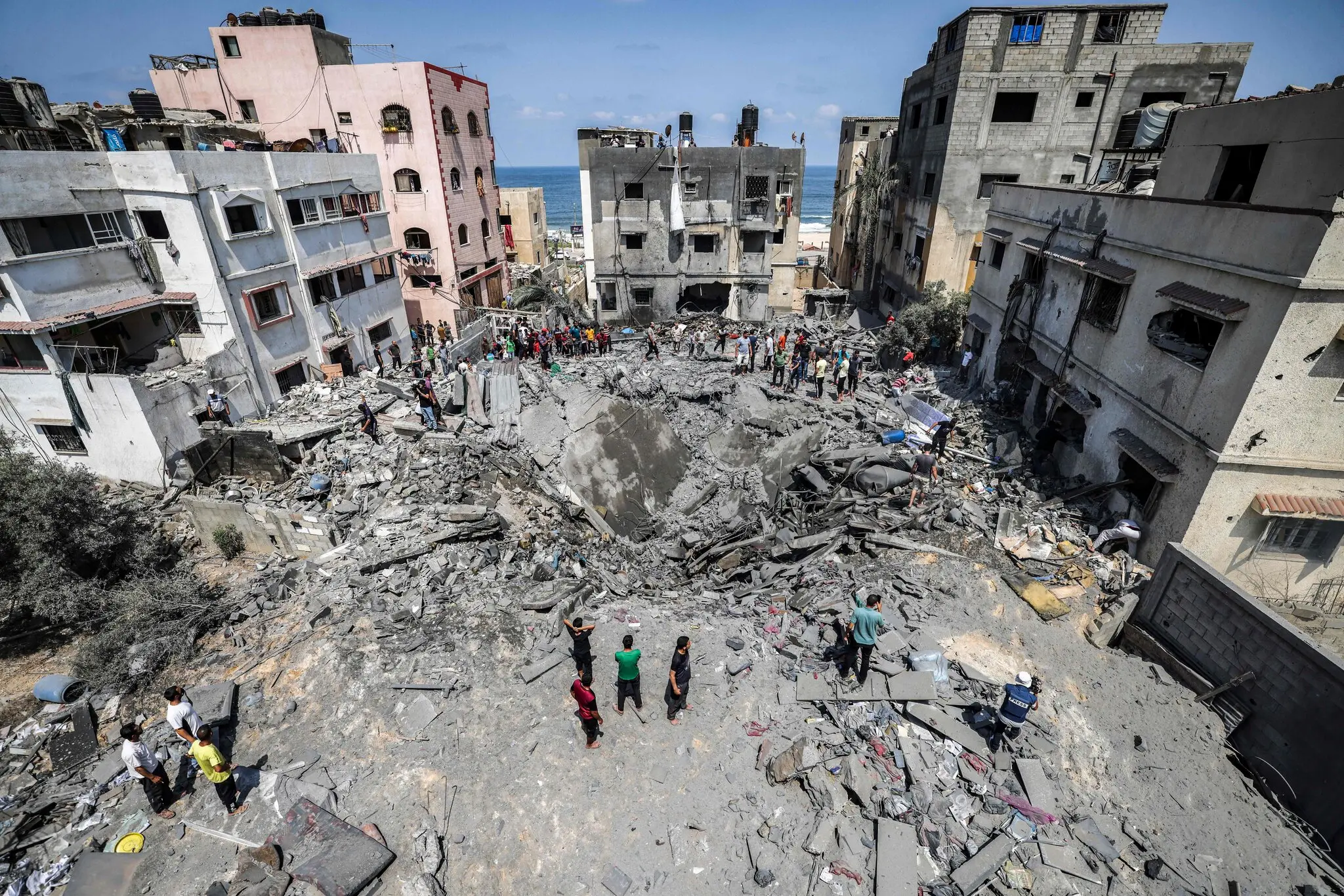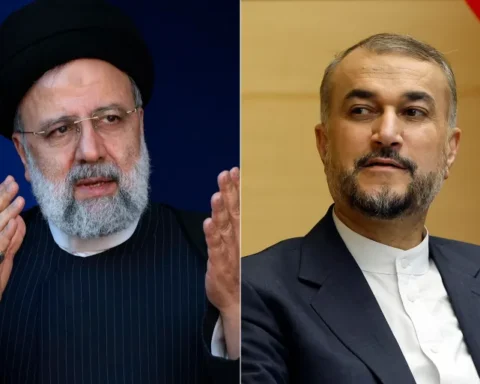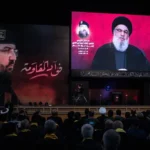Mark Pierini, Senior Fellow at the Carnegie Endowment for Europe: As a result of the tragedy that has unfolded since October 7, the Hamas leadership and the Netanyahu government have been caught in a spiral of violence with no political gain. The death toll will inevitably rise as retaliatory strikes and counterstrikes are launched. Ordinary citizens, women, children, the elderly and the poor are the hardest hit on both sides. As heinous as the Hamas attack was, it will long reverberate in Muslim countries, especially among the youth. Because it was unimaginable, it will fuel anti-Israel narratives, which in turn will influence political leaders.
This will lead to political embarrassment for those Arab countries that have treaties or agreements with Israel (Egypt, Jordan, Morocco). Those that are in the process of drafting such agreements (Saudi Arabia, United Arab Emirates) will face a freeze, if not a complete halt to negotiations.
Countries that support Hamas both politically (Turkey) and financially (Qatar) will find it difficult to play a diplomatic role in ending the war, as the call for a two-state solution will go unheard. Only Iran, a longtime Hamas supporter and enemy of Israel, may find short-term political gain in the current chaos, but even then, it is not certain.
Going forward, the US, UK and EU will try to find a balance between supporting Israel and finding a long-term solution to the Palestinian-Israeli conflict.
The entire article can be read at the link https://carnegieeurope.eu/strategiceurope/90762











